Barcelona’s Healthcare System Explained
13 nov. 2019
3min
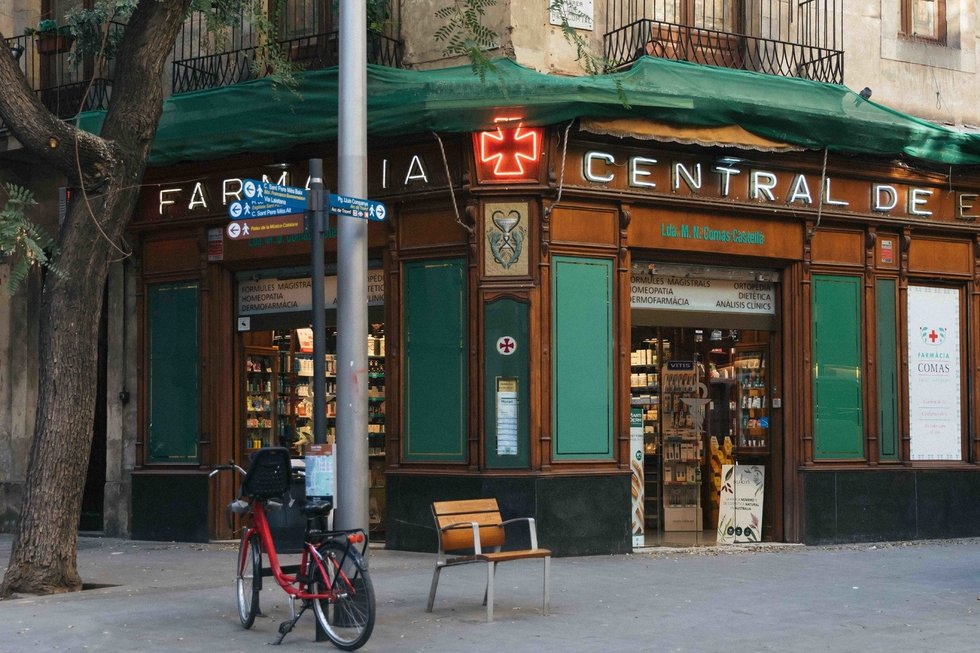
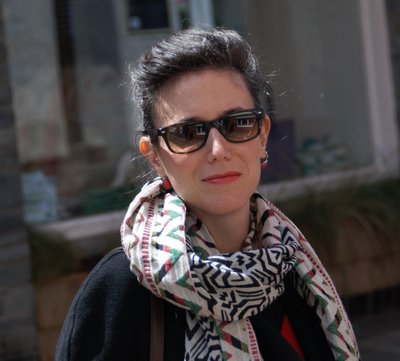
Freelance writer, journalist and author
You’re moving to Barcelona. The good news is that you’re joining the nation that came top in Bloomberg’s healthiest country index of 2019 and, according to a 2018 study by the Institute for Health Metrics and Evaluation in the US, will become home to the longest-living people in the world by 2040, surpassing Japan. The even better news? You’re gaining access to one of the best healthcare systems in the world—in 2018 Spain’s was ranked the most efficient in Europe and third in the world by Bloomberg’s healthcare-efficiency index. Here, we delve deeper to see how the system works and how you can access it.
How does the healthcare system work?
The Spanish healthcare system offers universal coverage as a constitutionally guaranteed right, with no out-of-pocket expenses, aside from prescription drugs. The service is decentralized, making it the responsibility of the autonomous regions—CatSalut is the Catalan health service, which covers everything from doctors at health centers to specialists and public hospitals.
By living and working (and therefore making social security contributions) in Spain, you’ll have access to state-funded healthcare, meaning you can go to the doctor, be transferred to a specialist, and be cared for in hospital.
For those on a temporary stay, obtaining a European Health Insurance Card (EHIC) will get you free public healthcare; it’s valid for up to five years but renewable. It will also entitle you to subsidized prescription fees.
How do I register for public healthcare?
Everyone needs an Individual Healthcare Card (Tarjeta Sanitari a Individual, or TSI). To get the card, fill out a TA.1 form, which is downloadable from the Generalitat de Catalunya website, and take it to your nearest Social Security office (Instituto Nacional de la Seguridad Social, or INSS), along with your passport, NIE (foreign identity number), proof of employment (such as a work contract) and padrón certificate from your local town hall. It’s best to take both originals and photocopies of all documentation.
Once you have received your social security number from the INSS, take originals and photocopies of your social security number, social security affiliation document, passport, NIE, and padrón certificate to your nearest public health center (Centre d’Atenció Primària, or CAP). There, your healthcare card, or CatSalut card, will be processed for pick-up or sent to your home address. Once you have it, keep it in your wallet for use at health centers, pharmacies, and hospitals, and make sure to take it with you to your next appointment!
Not employed yet?
Just arrived and still looking for a job? Go to your local health center and explain your situation. If you’re in luck, they might be able to help you, or you can pay a fee to see a doctor.
Should you go private?
Private-insurance plans are available without any citizenship restrictions, so if you’re an unemployed non-citizen, you can pay a monthly premium for a private plan. Non-EU travellers must already have valid health-insurance coverage before obtaining a residency visa. Sanitas (part of Bupa) is the largest health insurer in the country. Other key providers are Bupa Global, Cigna, Aetna, Allianz, and Globality Health. Prices vary, but expect to pay about €50 per month.
Children’s healthcare
All children under the age of 15 who reside in Spain are entitled to free state healthcare, including dental care. They will need an Individual Healthcare Card (Tarjeta Sanitaria Individual, or TSI), too.
Children visiting from other European countries and certain countries with bilateral healthcare agreements may also be eligible to receive healthcare in Spain.
Doctors and specialists
Once you’ve got your healthcare card, or TSI, make an appointment with your doctor at your local health center, who will refer you for a specialist appointment if needed (you’ll receive confirmation by phone with the details). You can only gain access to a specialist through your doctor.
Alternative medicines
For those seeking an alternative route when it comes to medicine, you might be disappointed. In 2018, the Spanish government announced plans to remove practices such as acupuncture and homeopathy from its health centers. There’s still a healthy offering in the meantime, though.
Emergency
Call 112 for an ambulance or the police. All foreigners and citizens have the right to receive emergency or urgent treatment in Spanish hospitals, regardless of insurance coverage.

Inspirez-vous davantage sur : Work in Barcelona
Moving to Barcelona for work? Navigate the job jungle in this international hub with our insider tips, advice from locals and insights from industry experts.
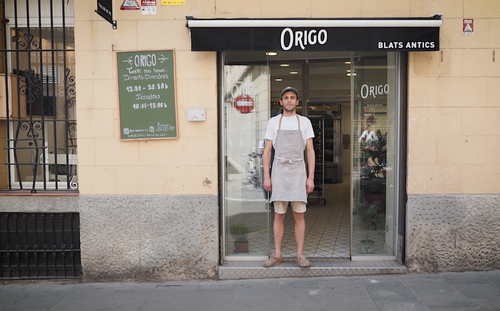
Work in Barcelona: François
Originally from Belgium, he left his job at Google in San Francisco to move to Barcelona with his wife, where he decided to open his own bakery.
11 déc. 2019
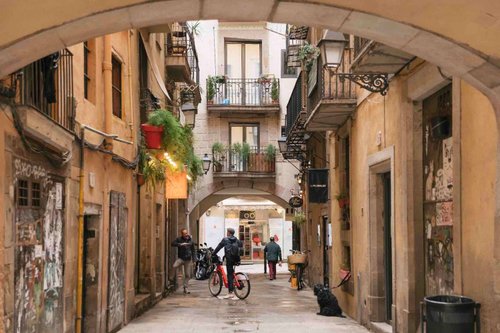
Work in Barcelona
Considering relocating to Barcelona? Let’s have a look behind the scenes to understand what it takes to be a happy expat in Barcelona.
11 déc. 2019
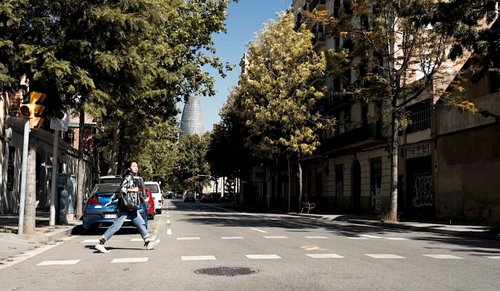
Work in Barcelona: Amy
Born and raised in Canada, Amy moved to Barcelona to change career by retraining as a software developer. Here's her expat experience of the city.
11 déc. 2019

My Barcelona: ‘The city is so much richer than it seems’
For Anaïs, Barcelona is such an enticing city that she has made it her home not once, but twice.
13 nov. 2019
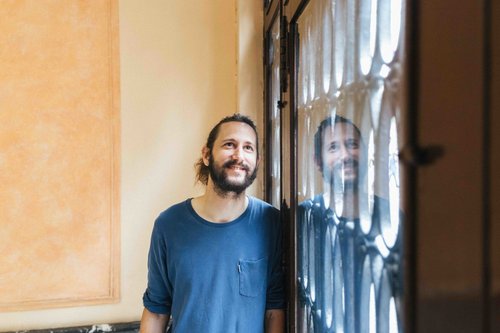
My Barcelona: ‘It’s the Silicon Valley of Europe’
Frenchman Erwan Riou originally qualified as an architect, but after a stint in Brazil, the 33-year-old started retraining as a programmer...
13 nov. 2019
La newsletter qui fait le taf
Envie de ne louper aucun de nos articles ? Une fois par semaine, des histoires, des jobs et des conseils dans votre boite mail.

Vous êtes à la recherche d’une nouvelle opportunité ?
Plus de 200 000 candidats ont trouvé un emploi sur Welcome to the Jungle.
Explorer les jobs